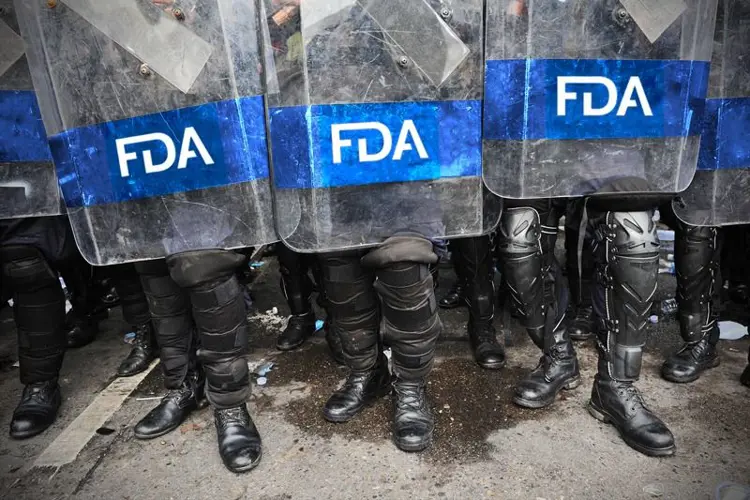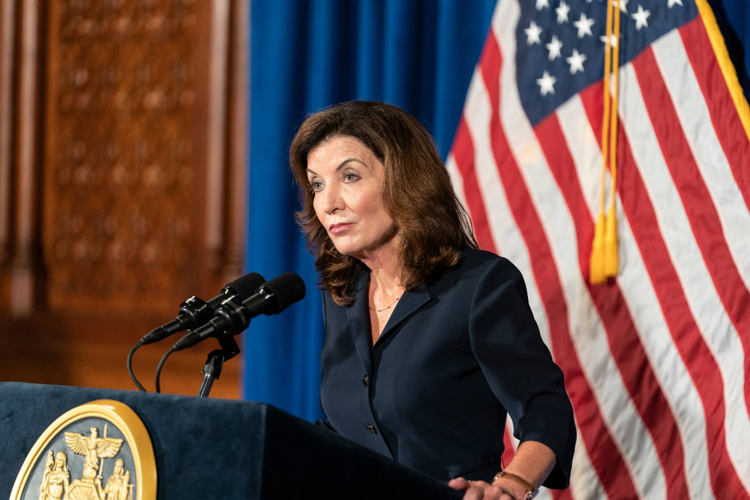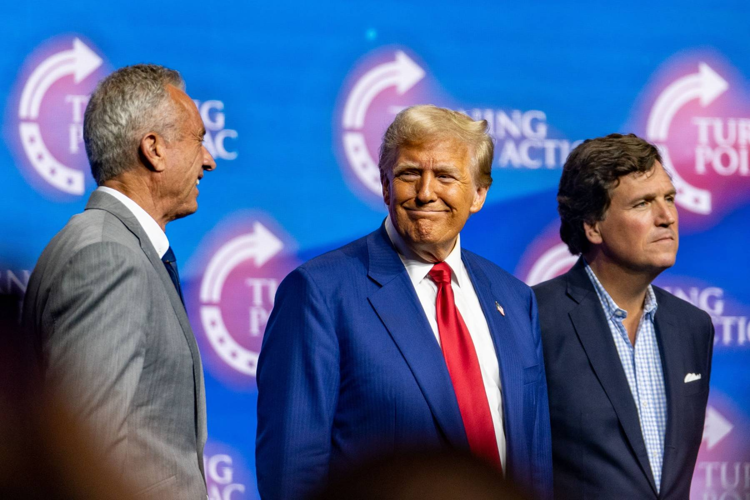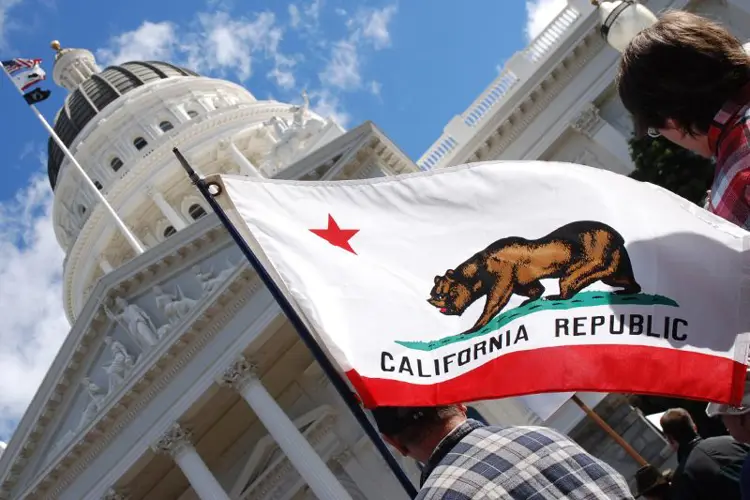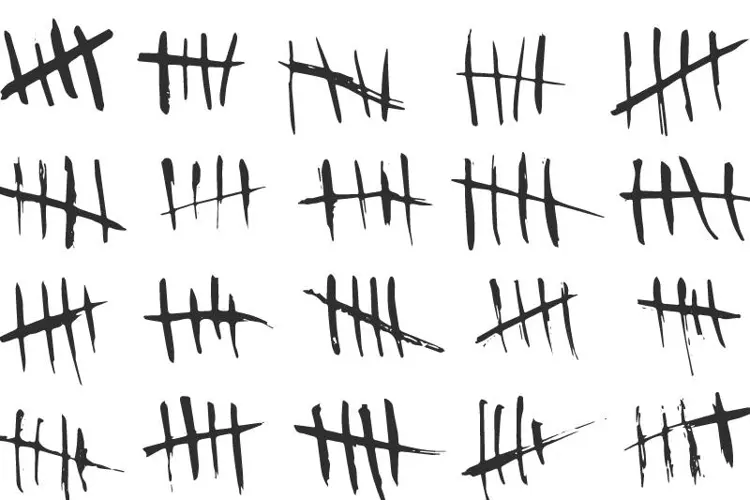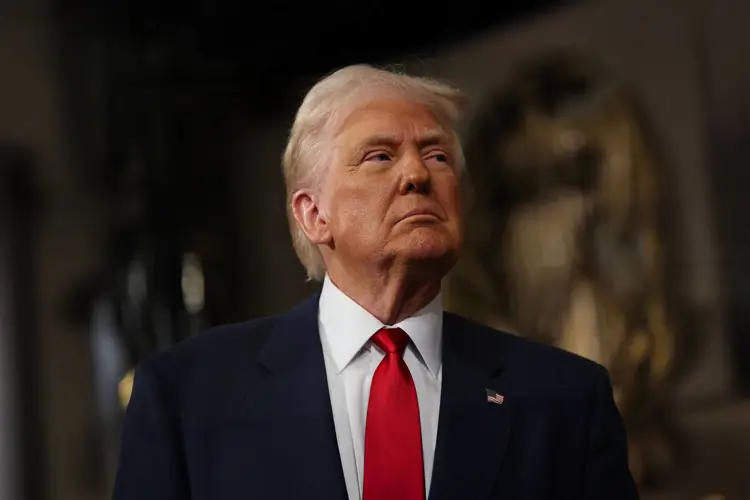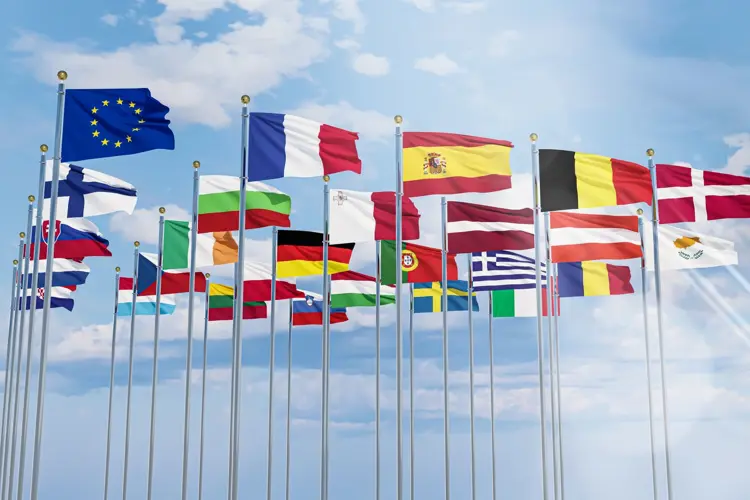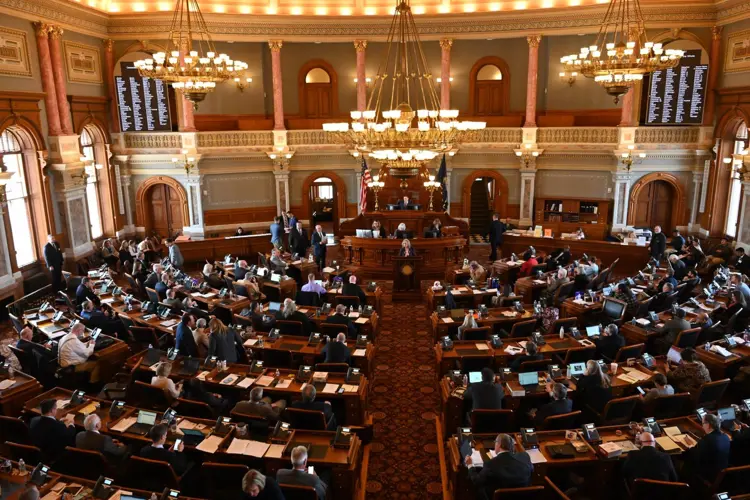Already underway this week, and running from Feb. 5-10, the member nations of the Framework Convention on Tobacco Control (FCTC) are holding their 10th biennial meeting in Panama City, Panama. The FCTC is an international treaty, under sponsorship of the World Health Organization (WHO), and the member countries are called “Parties” to the treaty. The FCTC meeting this week is the 10th Conference of the Parties—or COP 10.
COP 10 had been scheduled for November 2023, but was postponed, supposedly due to political unrest and violence. In fact, FCTC Parties haven’t met in person since COP 8 in 2018. Because of COVID, COP 9 was delayed until 2021 and then held virtually. Delegates agreed then to postpone discussions and decisions on many hot-button topics—including vaping and “novel” nicotine products—-until COP 10.
Policy decisions made by COP attendees are binding on the member countries, and almost all the countries of the world—183 to be exact—are Parties to the FCTC. The Parties agree to conform their national laws and regulations to decisions voted by the whole FCTC, which means the COP meetings set tobacco and nicotine policy for most of the world.
At COP 10, the FCTC Parties will make decisions about several major topics that could affect people who vape and use other non-combustible nicotine products. Some proposals, which are supported by the FCTC Secretariat (leadership group), include:
- Banning vaping flavors
- Banning open-system (refillable) products
- Banning disposable vapes
- Banning nicotine salt e-liquid
- Redefining the term “smoke” to include smoke-free vapor
- Regulating and taxing all nicotine products as harshly as cigarettes
The WHO and its affiliates (like the FCTC leadership) have strongly opposed vaping and all consumer nicotine products almost since they were invented—and they're not stopping now. Without opposition from major FCTC Parties like the UK, at least some of the proposals above will probably be adopted.
Bloomberg, Tobacco-Free Kids and Dirty Ashtray awards
The United States is not a party to the FCTC, and neither are Argentina, Cuba, Indonesia, Switzerland, and a handful of African countries. However, U.S. interests have outsized influence on the direction of the FCTC.
Aside from the official U.S. delegation (which has no vote), many of the non-governmental groups granted “observer” status are American, as are their biggest funders, like billionaire ex-New York mayor Michael Bloomberg (who also funds the WHO’s tobacco control operations) and Microsoft tycoon Bill Gates.
COP 10 is crawling with “observers” from Bloomberg-funded organizations dedicated to vaping restrictions and bans. These groups, like the Campaign for Tobacco-Free Kids and Vital Strategies, set expectations for tobacco control policy direction, informing the prohibitionist FCTC Secretariat (leadership group), writing background documents and sometimes the policy proposals COP 10 delegates will vote on.
Julio Ruades at @ElMonoVapeador, YouTuber and Spanish harm reduction activist, tried to conduct interviews for his channel at the #cop10fctc reception. He was kicked out of the building, leaving his half a million followers in the dark. Full version in comments! pic.twitter.com/CekNmHm4dJ
— Vejpkollen (@vejpkollen) February 7, 2024
The Global Alliance for Tobacco Control (GATC)—an umbrella organization representing established tobacco control groups—acts as an organizing force and Greek chorus for tobacco control interests at the COP meetings. The GATC (formerly known as the Framework Convention Alliance) makes policy recommendations on proposed agenda items, and then praises or chides the delegates for supporting or opposing the GATC’s preferred positions, which are, of course, also the positions of Bloomberg Philanthropies, the WHO and Tobacco-Free Kids.
The GATC publishes a daily COP bulletin that sometimes includes a “Dirty Ashtray award” that calls out what the GATC sees as unacceptable actions by delegates. Wednesday’s bulletin, for example, awarded the Dirty Ashtray to Guatemala for “setting a bad example by systematically timewasting and trying to reopen closed agenda items.”
“Other parties take note,” they warned. Why should Guatemala’s delegates care what a bunch of private “observers” think? Because the GATC representatives’ reports will be considered carefully by the WHO and private funders when approving or denying grants for future projects that provide jobs and prestige. Countries and delegates could be punished for not “going along to get along” with the Bloomberg-controlled COP cops.
Actual observers from the general public are excluded, and the delegates ritualistically vote on the first day of sessions to keep the press out—although there are some Bloomberg Philanthropies-approved (and -funded) journalists given better access to the event. FCTC COPs have all the trappings of a secret society, if not a full-blown cult.
“Tobacco industry interference” means consumers are shut out
Tobacco control observers and the FCTC leadership have a fear bordering on obsession about what they call “tobacco industry interference.” They appear to believe that COP delegates who wander away from the meeting venue will be accosted by lurking tobacco industry agents and corrupted. The fear betrays the tobacco control careerists’ lack of respect for the delegates.
Their paranoia seems real—and often comical.
“Tobacco industry operatives are crawling all over Panama City this week,” wrote Vital Strategies’ Jorge Alday in a tweet. “Their goal is to derail #COP10 where governments will meet to advance a global treaty that would reduce smoking.”
We must continue advocating for urgent and accelerated implementation of the WHO FCTC.
We must continue to be on our guard against the tobacco industry and its tactics.-@DrTedros #COP10FCTC pic.twitter.com/rgENYzhNqm
— FCTCofficial (@FCTCofficial) February 5, 2024
In an essay in the Day 1 GATC bulletin, former Tobacco Control editor Ruth Malone wrote that “the single biggest obstacle to effective full implementation of the FCTC is tobacco industry interference, including at COPs.” She went on to provide examples, accusing the International Network of Nicotine Consumer Organisations (INNCO), British harm reduction advocates Knowledge•Action•Change, and INTERPOL (yes, the international police agency) of being tobacco industry moles who were denied access to previous COPs only through the vigilance of tobacco control purists.
Those stories would be funny if the FCTC tobaccophobia didn’t ensure that legitimate representatives of nicotine consumers were excluded from the proceedings. Groups that advocate on behalf of vaping are completely shut out of all FCTC meetings, including COP 10.
But, despite FCTC claims to the contrary, tobacco companies are present at COP 10.
The call is coming from inside the house!
The FCTC claims to exclude all tobacco industry representation, but that isn’t true. In fact, numerous member countries have ownership stakes in tobacco companies—including the largest tobacco company in the world.
While mostly unpaid THR advocates like the nicotine consumer groups represented by INNCO are blithely accused of being tobacco infiltrators, the Chinese COP 10 delegation represents not just that country’s tobacco regulators, but also its tobacco industry. The State Tobacco Monopoly Administration (STMA) and the China National Tobacco Corporation—the largest cigarette manufacturer in the world— are run from the same building by the country’s Ministry of Industry and Information Technology, which has delegates in Panama this week.
Other Parties to the FCTC that own or partly own tobacco companies include Egypt, India, Iran, Iraq, Japan, Lebanon, Malawi, Moldova, Syria, Thailand, Tunisia, and Vietnam. Most of these countries have banned or harshly restricted access to low-risk nicotine products like vapes—not to protect the health of citizens, but to guard national tobacco interests and tax revenue.
“The effect,” writes Clive Bates, “is to create a bubble, an echo chamber of uncritical applause and a lack of diversity and experience in and around the COP meetings, supposedly done to prevent ‘tobacco industry interference’ while overlooking the presence of tobacco industry interests present on several delegations. The small consumer organisations are entirely excluded, yet they are the most directly affected and at-risk stakeholder group.”
Resources for the COP-curious
Watching the actual debates and deliberations is probably impossible, but you can sort of follow COP 10 proceedings as they happen. Here are some resources:
COPWATCH - The COPWATCH website, run by vaping and tobacco harm reduction (THR) advocates, has done a good job following the FCTC, and provides updates during the day, explaining any news that comes from the COP 10 event. They also provide interesting links to news articles and other resources.
GOOD COP (Conference of the People) live stream - The Taxpayers Protection Alliance is streaming live COP 10-related conversations from Panama on its YouTube page. Longtime THR advocates (and TPA employees) Lindsey Stroud and Martin Cullip, along with other TPA figures, have hosted a variety of interesting guests during their daily streams. (Recordings of previous discussions are also available to view.)
Official FCTC COP 10 streaming - The FCTC has allowed some of the sessions to be streamed live from the official website (bottom of the page) this year. Don’t expect to see nitty-gritty details discussed, but the leadership has allowed some floor speeches from the delegates to be streamed.
Global Alliance for Tobacco Control (GATC) daily bulletins - This bulletin doesn’t necessarily explain much of the goings-on at the event, but it will give you a look at the Bloomberg-funded tobacco control establishment’s take on the proceedings.
Twitter/X - In addition to posts from the FCTC and the activist “observers” on site in Panama, there is plenty of COP 10 discussion among vaping and THR advocates. #COP10FCTC is the official COP 10 hashtag.
The Global State of Tobacco Harm Reduction (GCTHR) COP 10 briefing paper - A deep dive into the COP 10 agenda by British harm reduction advocacy group Knowledge•Action•Change. GSTHR’s older FCTC explainer is also a must-read.
Commentary on the Annotated COP 10 Agenda(Clive Bates) - This is a remarkable document, in which Bates comments on the official COP 10 agenda line-by-line, offering advice and criticism, and providing lots of valuable links.
The Freemax REXA PRO and REXA SMART are highly advanced pod vapes, offering seemingly endless features, beautiful touchscreens, and new DUOMAX pods.
The OXVA XLIM Pro 2 DNA is powered by a custom-made Evolv DNA chipset, offering a Replay function and dry hit protection. Read our review to find out more.
The SKE Bar is a 2 mL replaceable pod vape with a 500 mAh battery, a 1.2-ohm mesh coil, and 35 flavors to choose from in 2% nicotine.
Because of declining cigarette sales, state governments in the U.S. and countries around the world are looking to vapor products as a new source of tax revenue.
The legal age to buy e-cigarettes and other vaping products varies around the world. The United States recently changed the legal minimum sales age to 21.
A list of vaping product flavor bans and online sales bans in the United States, and sales and possession bans in other countries.







